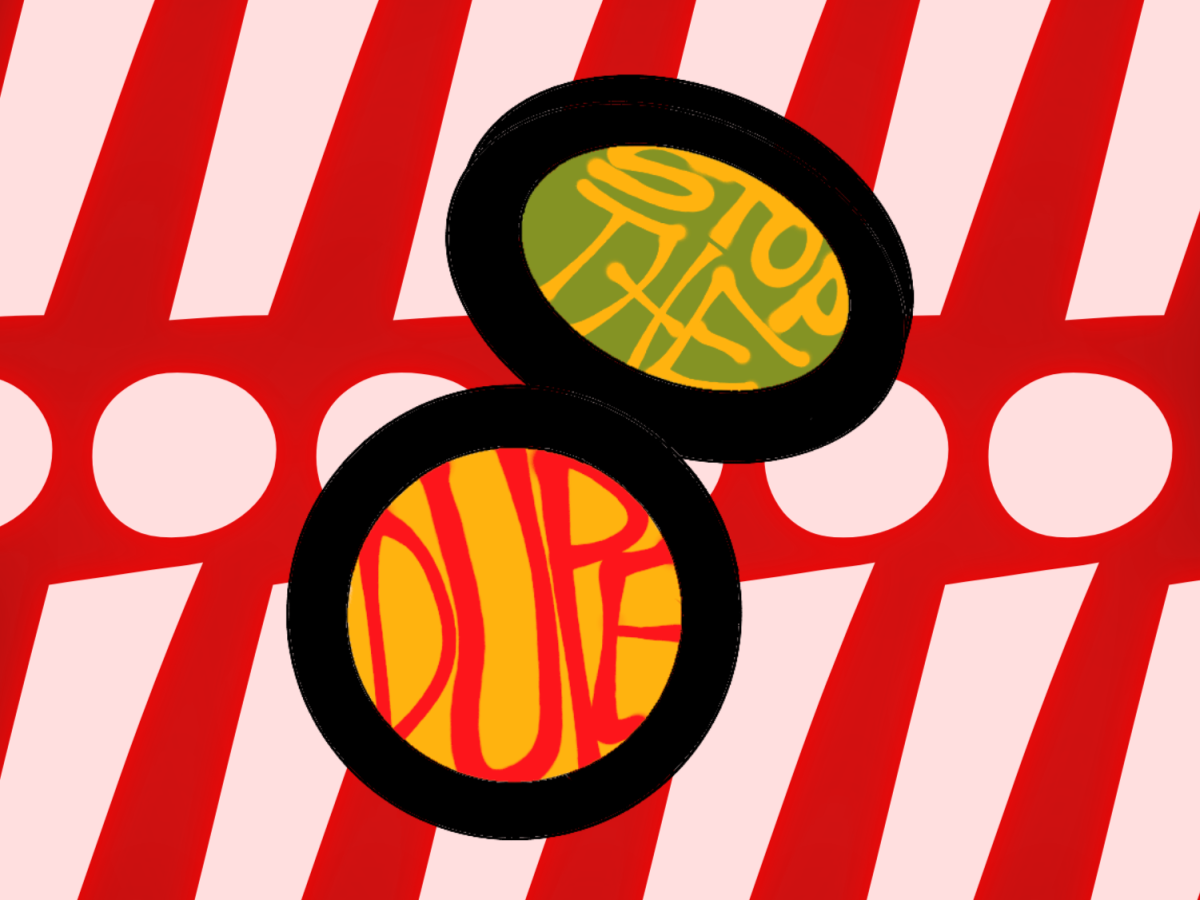Copy, paste, then copy and paste. Nothing feels genuine these days.
Similarly, fake copies of famous products have been surfing the internet and the world due to how people aren’t able to afford luxurious brands like Vivienne Westwood or Louis Vuitton because of how one trinket can reach thousands of dollars. I must admit, I can’t afford them either, and I agree that these prices are ridiculous, but is buying a cheaper version worth your money despite the consequences?
I’m sure loads of us have heard about how original brands aren’t as sustainable or eco-friendly as one would think, but at least I won’t be blindly supporting criminals to produce more illegal and toxic merchandise when I come out of a boutique.
According to Total Retail, a site that gives the latest news on the retail industry, counterfeit products tend to be made of harmful or even banned chemicals as an awful attempt to replicate luxurious brands, meaning that law enforcement would have to burn the products to ashes in order for the chemicals to be completely exterminated. This leads to high volumes of air pollution and hazardous waste that produces serious environmental and health risks.
Speaking of health risks, rip-off cosmetic products are known to have random chemicals that could cause rashes and infections, ruining your skin instead of the opposite. Or even worse, it could even be fatal. A good example of this is on a 2019 Netflix series called “Broken” where experts like dermatologists and chemists would tackle fake product industries and even analyze their ingredients. Some would find chemicals like cyanide, arsenic, mercury and lead; some would even find animal droppings. Given that all of these examples lead to some type of poisoning, the best option would be to drop the habit of shopping in sketchy markets whether physical or online.
Moving on from the risks, according to IPKEY, an organization run by the European Union that implements and improves Intellectual Property (IP) rights in countries like China, fake products are a form of copyright infringement, which is why IP rights exist because they protect people’s original creations in order to profit from it. Additionally, with the sale of counterfeit goods reaching up to $250 billion per year, they pose a real financial threat to luxury goods companies like LVMH.
Now learning that fast fashion, luxury fashion, and counterfeit fashions are not the way to support the growth of the economy and environment, I give you an alternative: local businesses. This option not only boosts local economies but they’re more eco-friendly. Frequently shopping at small stores you see nearby would mean more positive environmental impacts since they reduce habitat loss, pollution, traffic and factories since their products are usually handmade. Local businesses also have one-of-a-kind products since they’re influenced by community and culture, so no copycats devaluing the value of your product. Local franchises are also the main supporters of local events, nonprofit organizations and charitable causes, making 250% more donations compared to expensive brands.
Long story short, buying local is better than buying cheap fakes.


